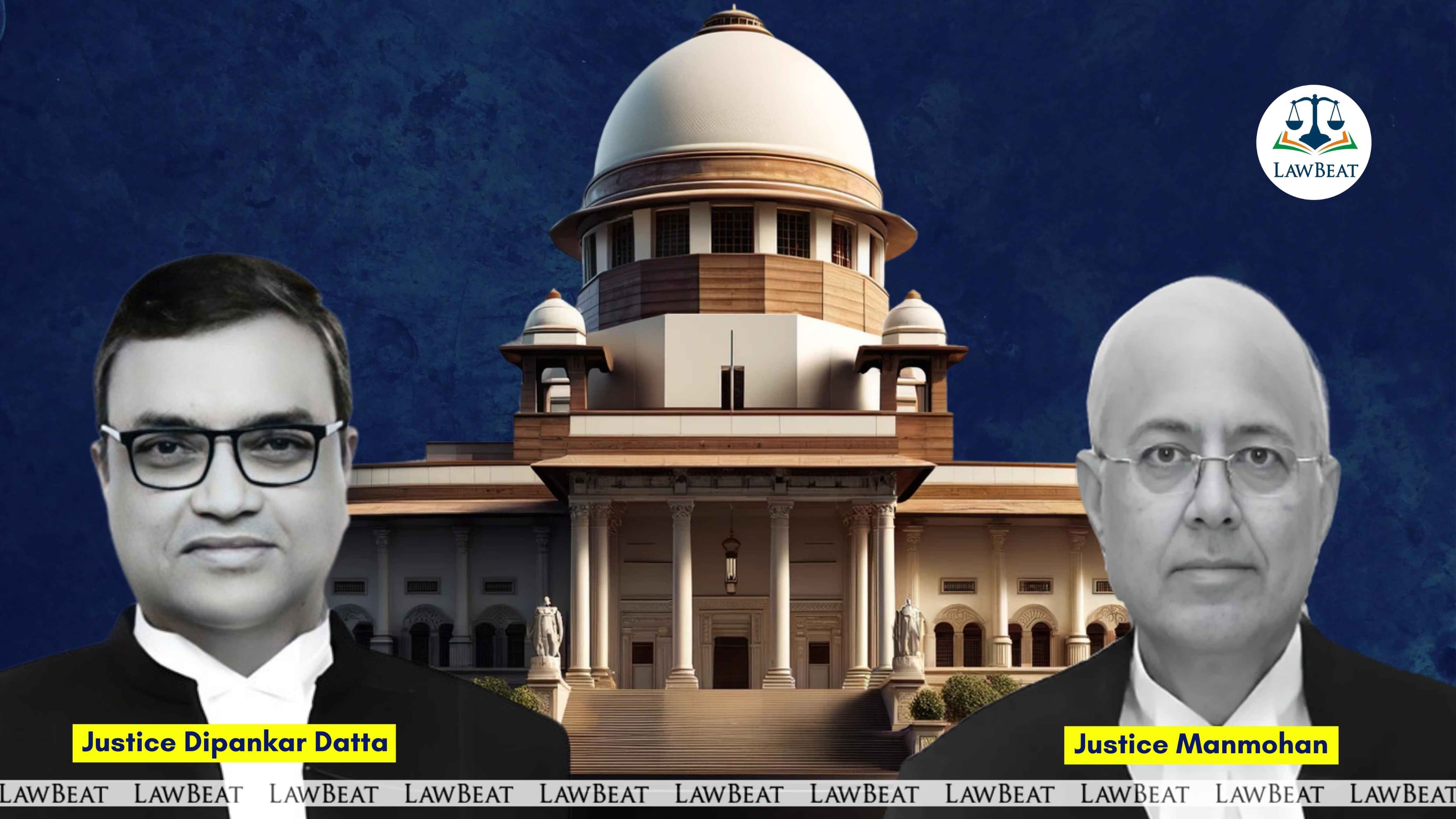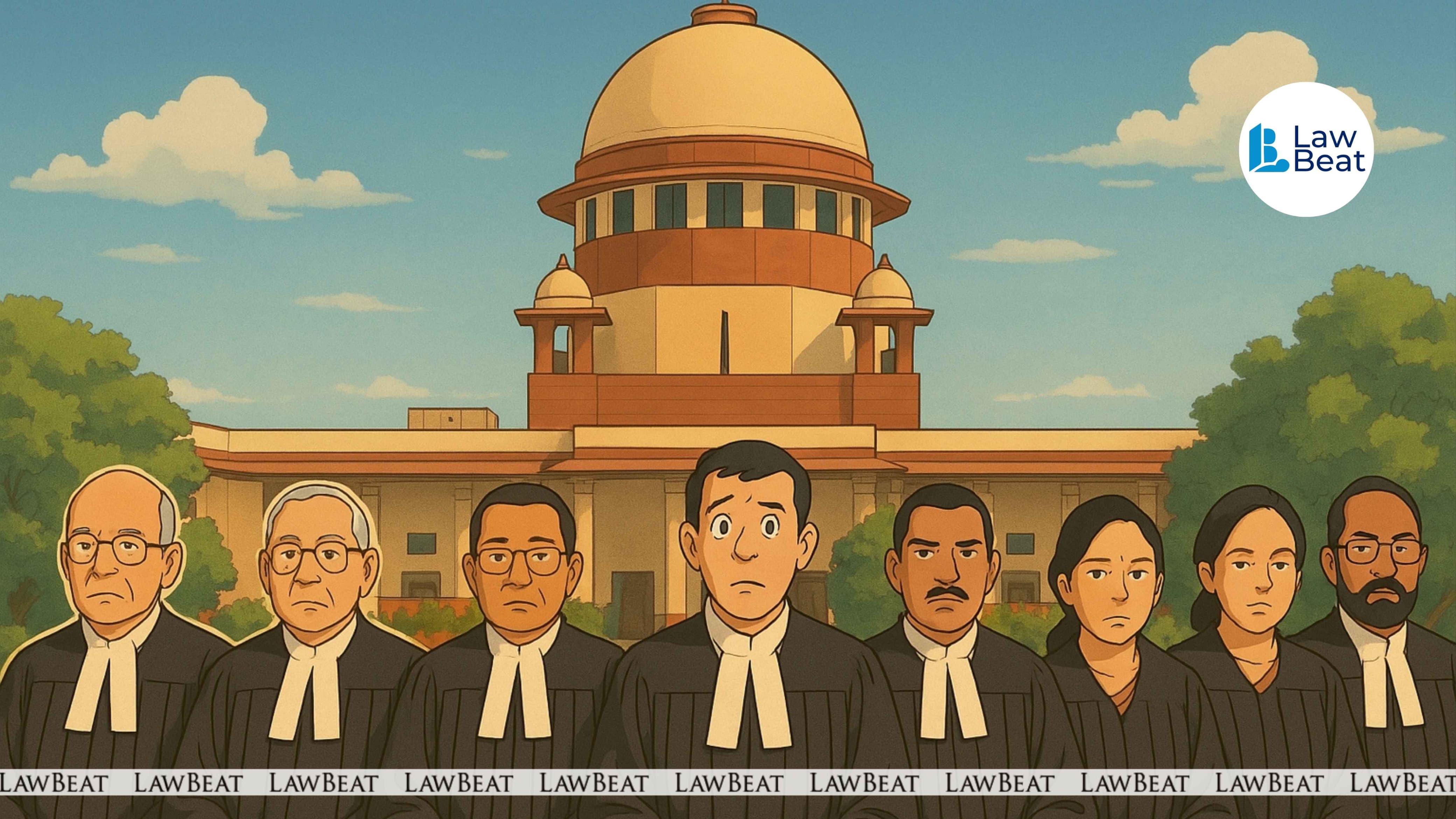Courts not expected to act as recovery agents in bail matters: SC
Read Time: 08 minutes
Synopsis
The appellant's bail was conditioned on a Rs 40 lakh payment; however, his failure to pay Rs 30 lakh led to its cancellation by the sessions court
The Supreme Court recently observed that courts, while exercising jurisdiction to grant bail or pre-arrest bail, are not expected to act as recovery agents for realisation of dues of the complainant from the accused.
A bench of Justices Dipankar Datta and Manmohan set aside a Bombay High Court order that had refused to interfere with a sessions court's decision to cancel the appellant's bail for failing to pay Rs 30 lakh, a condition imposed as part of the bail in the case.
Appellant Apruva Kirti Mehta was aggrieved by the high court's order of September 19, 2024.
He was granted bail by the sessions judge by an order on May 19, 2023. That order mentioned that charge-sheet under Section 173(2), Code of Criminal Procedure, 1973 had been filed upon completion of investigation and that there was no sufficient reason to reject the application for bail.
However, since the appellant had shown readiness to deposit Rs 40,00,000, the prayer for bail was granted on the condition of payment of such sum. The appellant was directed to pay a sum of Rs 10,00,000 at the time of getting released on bail and the remaining sum of Rs 30,00,000 in six installments.
He initially paid Rs 10,00,000 but the remaining sum of Rs 30,00,000 could not be arranged by him and hence, he defaulted.
This led the appellant to apply for modification of the condition requiring him to make payment of the sum of Rs 30,00,000; however, such application was dismissed by the sessions judge on August 29, 2023.
The complainant also approached the sessions judge with a prayer for cancellation of bail. By order of June 29, 2024, the bail granted to the appellant was cancelled.
An application was then moved by the appellant before the high court challenging the said order of June 29, 2024.
The high court while proceeding to dismiss the applications, was of the opinion that the appellant had volunteered to make payment of Rs 40,00,000 and the sessions judge granted the prayer for bail “taking into account the voluntary statement made on his behalf”.
The apex court, however, said, "The High Court does not seem to be entirely correct in its understanding of the order of the Sessions Judge of May 19, 2023. No doubt the appellant had made a voluntary statement to make payment but that was not the sole reason which weighed in the mind of the Sessions Judge to grant bail".
It noted, the on the contrary, the observations made in paragraph 5, by the sessions judge were a clear pointer that there was no sufficient reason to keep the appellant under detention having regard to completion of the investigation and filing of the charge-sheet.
That apart, the bench said, the direction for payment was in the teeth of a plethora of decisions of the top court.
The bench referred to Ramesh Kumar vs. State (NCT of Delhi) (2023); St. George Dsouza Vs State (NCT of Delhi) (2023) and Dilip Singh Vs State of M.P. & Anr ( 2021).
"Having regard to the principles of law laid down in the said decisions, inter alia, to the effect that the courts, exercising jurisdiction to grant bail/pre-arrest bail, are not expected to act as recovery agents for realization of dues of the complainant from the accused, the High Court should have independently applied its mind and arrived at a conclusion as to whether a case for grant of bail, on settled parameters, had been made out or not irrespective of whatever statement was made on behalf of the appellant before the Sessions Judge," the bench said.
The court thus accepted the appeal and set aside the order of September 19, 2024. It directed that the matter would stand revived on the file of the high court for being decided afresh in accordance with law.
Court directed the parties to appear before the roster bench of the high court on March 7, 2025.
"Till such time the applications are decided afresh, no coercive step against the appellant shall be taken," the bench said.
Case Title: Apruva Kirti Mehta Vs The State of Maharashtra










